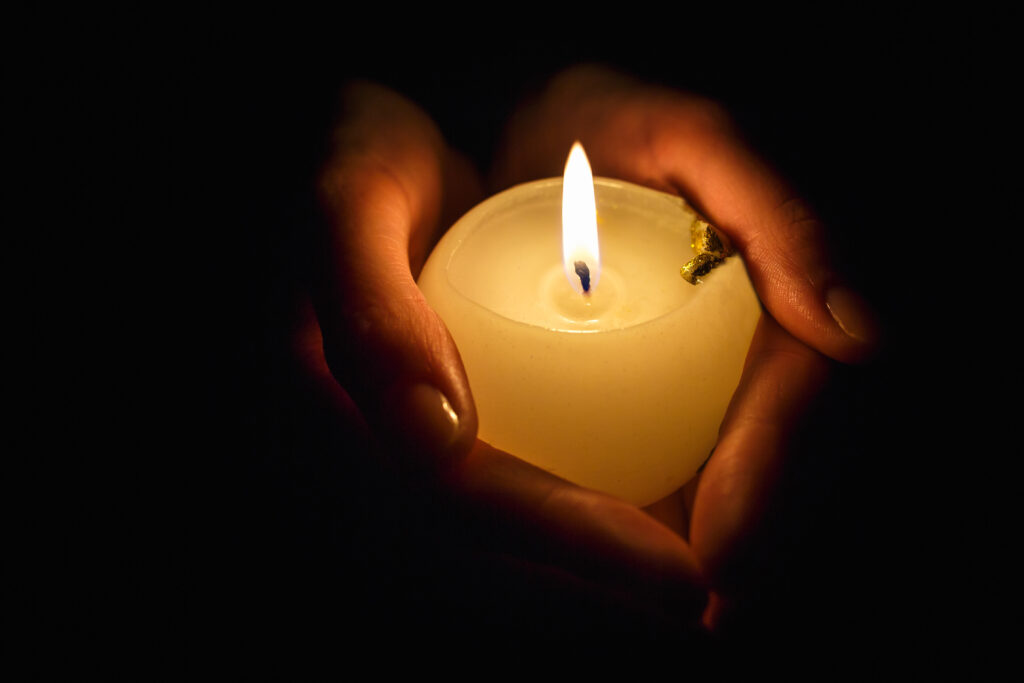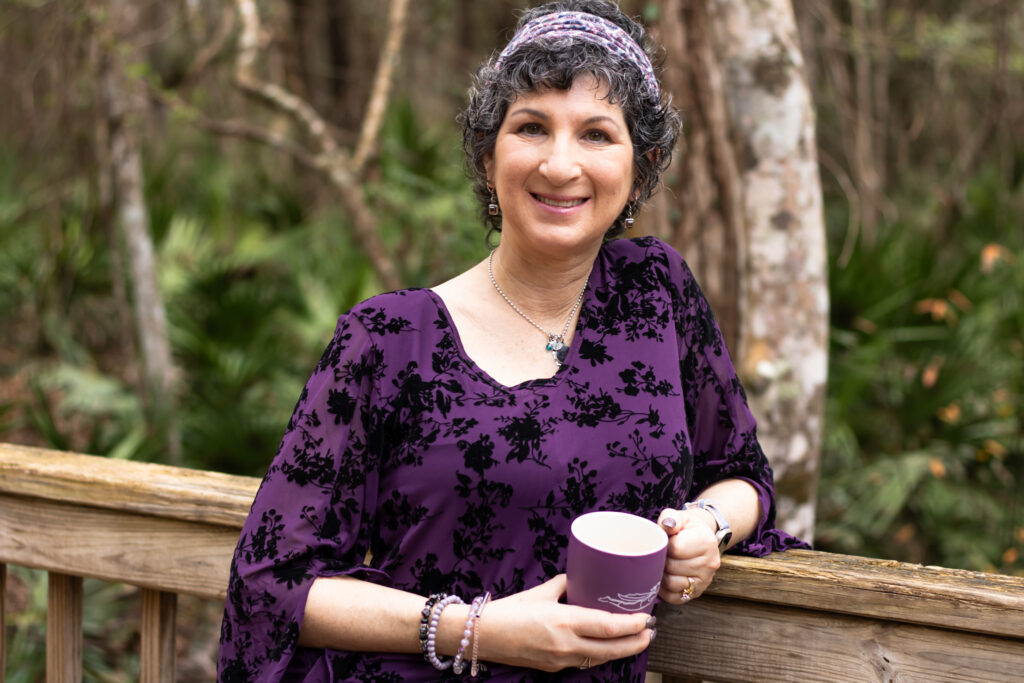Introduction
In the complex landscape of cancer survivorship, the journey beyond the battle is a nuanced mix of emotions – relief, gratitude, and joy. Yet, a subtle undercurrent often accompanies these emotions – survivorship guilt. As a cancer survivor and mental health therapist, I understand the intricacies of this emotional terrain, both personally and professionally. In this comprehensive exploration, we will delve into the multifaceted aspects of survivorship guilt, examining its origins, the impact it has on us, and, most importantly, exploring a myriad of strategies to overcome it and wholeheartedly embrace the new chapter of life post-cancer.
Understanding Survivorship Guilt
Survivorship guilt is a complex emotional response that surfaces when one survives a life-altering event such as cancer. Survivorship guilt encapsulates a myriad of feelings – unworthiness, shame, and the unrelenting question of “Why me?” To comprehend survivorship guilt, we should dissect its roots and its intricate influence on our emotions.
The Unanswered “Why Me?”
While it’s important to acknowledge that each person’s experience with cancer is unique and influenced by various factors, here are some perspectives that might help shed light on the question of survival:
- Medical Factors:
- Stage at diagnosis
- Type of cancer
- Effectiveness of treatment
- Overall health and resilience
- Biological Variability:
- Genetic makeup
- Immune system response
- Physiological condition
- Environmental and Lifestyle Factors:
- Exposure to carcinogens
- Access to healthcare
- Socio-economic factors
- Lifestyle choices (diet, exercise)
- Psychological and Emotional Resilience:
- Support system
- Mental health
- Coping mechanisms
- Randomness and Unpredictability:
- Life’s inherent unpredictability
- Randomness in disease outcomes
- Spiritual or Existential Perspectives:
- Belief in fate or destiny
- Higher power guiding one’s life
- Finding meaning and purpose
The haunting question of why some survive while others succumb is a riddle. As survivors, it’s essential to acknowledge this question without expecting a concrete answer. Rather, we can recognize the complexity of our journey and accept the unpredictability of life. This attitude and deep work required to achieve acceptance serves as a crucial step toward understanding and navigating the intricacies of survivorship guilt.

Comparative Suffering
Survivorship guilt often leads us to downplay our struggles or feel shame for experiencing moments of happiness. We may question why we get to enjoy life when others faced a different fate. It is vital to recognize that our feelings are valid, and our happiness doesn’t diminish the challenges we’ve overcome. Embracing this understanding allows us to confront and accept our self-imposed guilt, paving the way for authentic self-appreciation.
Internalizing External Perceptions
External expectations can further intensify survivorship guilt. Societal pressures may dictate that survivors should live life to the fullest, achieve extraordinary feats, or continually prove their worthiness. However, our journey is uniquely ours, and defining what living fully means is personal and never wrong. By breaking free from these expectations, we empower ourselves to navigate our post-cancer life authentically.
Navigating the Emotional Landscape
As survivors, navigating the emotional landscape of survivorship guilt is a profound journey of self-discovery and healing. In therapy, we explore the thoughts and feelings that negatively impact life.
Some of the key elements in the mosaic that make up this exploration include:
1. Validation and Normalization: Acknowledging our feelings without feeling personal shame or judgment from others is crucial for the healing process. Survivorship guilt is a shared experience among survivors and understanding that it’s okay to feel this way can be liberating. By normalizing these emotions, we start to break down the walls of isolation that often accompany survivorship guilt. Sharing our experiences with others fosters a sense of community and validates the complexities of our emotional journey.
2. Exploring the Why: Delving into the “why me” question within the context of our unique journey is not about finding a definitive answer but embracing the complexity of our survivorship experience and finding acceptance. This exploration involves introspection, self-compassion, and a willingness to accept the unpredictability of life. By understanding the multifaceted factors that contribute to survival, we can begin to weave a narrative that transcends guilt, fostering acceptance and peace.
3. Expressive Therapies: Incorporating expressive therapies into our healing process provides a creative outlet for the complex emotions associated with survivorship guilt. Art, music, or journaling are powerful tools for expressing feelings that words may struggle to convey. These modalities offer a unique space for self-reflection, allowing survivors to explore and externalize their emotions, fostering a deeper understanding of their journey.
4. Connecting with Peers: Seeking connections with fellow survivors who comprehend the nuances of survivorship guilt is a transformative step in the healing process. Sharing experiences creates a sense of camaraderie and solidarity, diminishing the isolation that survivorship guilt often brings. Peer support becomes a powerful source of validation, reminding survivors that they are not alone in their emotions and providing a community where shared understanding thrives.
5. Self-Compassion Practices: Practicing self-compassion involves treating ourselves with the same kindness and understanding we would extend to a friend facing similar challenges. Amidst survivorship guilt, this practice becomes a beacon of light, offering solace and encouragement. Embracing self-compassion allows survivors to navigate their journey with patience, acknowledging the complexities of their emotions and fostering a more profound sense of self-worth and dignity.

Strategies to Combat Survivorship Guilt
While the aforementioned strategies form the foundation of overcoming survivorship guilt, let’s delve even deeper into each, providing a comprehensive understanding of their implementation and potential impact on our journey.
- Mindfulness and Grounding Techniques: Survivorship guilt often ties survivors to the past or propels them into an uncertain future. Practicing mindfulness becomes a transformative tool to stay present in the moment. Mindfulness exercises, such as deep breathing, meditation, or focusing on the senses, redirect attention away from guilt-inducing thoughts. These techniques cultivate a heightened awareness of the present, fostering gratitude for the life survivors are living post-cancer.
Create a Gratitude Journal: Combatting survivorship guilt involves acknowledging and appreciating the positives in our lives. Creating a gratitude journal serves as a tangible record of moments of joy, achievements, and the support received. This practice not only shifts the focus from guilt to gratitude but also becomes a reservoir of inspiration during challenging moments. Reflecting on these entries provides a powerful reminder of the richness of our survivor journey, reinforcing the reasons we have to be thankful.
Set Realistic Expectations: Survivorship guilt often arises when survivors feel pressured to conform to societal or self-imposed expectations. Setting realistic goals and boundaries becomes an empowering strategy to navigate this challenge. Survivors can define the pace of their recovery journey, allowing themselves the time and space to adjust to the new normal. Communicating these boundaries reinforces the importance of self-care and the gradual nature of post-cancer adaptation.
Volunteer or Give Back: Transforming survivorship guilt into a positive force involves giving back to the community. Engaging in volunteer work or supporting others facing similar challenges provides a sense of purpose and lessens feelings of guilt. By contributing to a cause greater than themselves, survivors redirect their internalized guilt toward constructive service and selflessness. Volunteering allows survivors to channel their survivorship experience into something meaningful, fostering connections and a renewed sense of self-worth
Therapeutic Interventions: Professional therapeutic interventions, such as cognitive-behavioral therapy (CBT) or acceptance and commitment therapy (ACT), become crucial components in the combat against survivorship guilt. A therapist experienced in survivorship issues offers a safe space to explore the root causes of guilt, challenge distorted thought patterns, and develop coping mechanisms. These interventions empower survivors to navigate complex emotions, fostering resilience, and facilitating a more profound understanding of their survivor journey.
Conclusion
As fellow survivors, we find ourselves on a unique journey, and survivorship guilt is an inherent part of that path. By fostering self-compassion, normalizing our emotions, connecting with others, and implementing an array of strategies, we can navigate the darkness of guilt and step into the light of healing and renewal. Our journey doesn’t end with cancer; it transforms into a source of strength and inspiration for ourselves and those around us. Together, let’s embrace life after cancer with acceptance, gratitude, and the resilience that defines us as survivors.

Sara Kouten, LCSW is a psychotherapist providing support for those affected by a diagnosis of cancer or other life altering illness. Sara offers telehealth therapy to clients in Florida and New Jersey. Sara offers “walk and talk” therapy for established clients locally in St. Johns County, Florida.


No responses yet